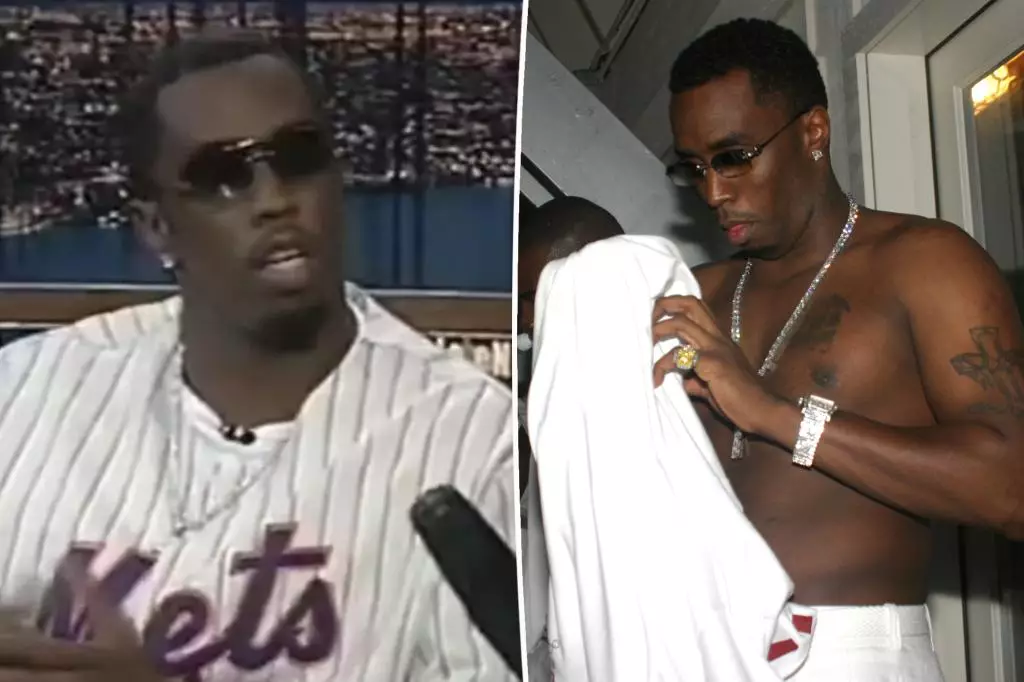Sean “Diddy” Combs, the iconic figure in the music industry and a renowned business mogul, finds himself embroiled in a legal storm that casts shadows over his storied career. As the rapper faces serious charges, resurfacing footage from a 2002 interview has ignited discussions regarding his character and the broader implications of his statements. Conan O’Brien’s light-hearted inquiry into what constitutes a “killer party” juxtaposed with Combs’ answers reveals a troubling narrative that resonates unsettlingly with the allegations he now faces.
In the 2002 interview, Combs exhibited a comedic façade as he described the essential ingredients for a successful gathering, emphasizing the presence of “beautiful women” and “beautiful men” to cater to them. Notably, he suggested that “locks on the doors” might be necessary to keep women at parties, framing the comment with a tone meant to elicit laughter. However, in light of the recent revelations about his legal issues, such remarks take on a sinister implication that merits serious scrutiny. The joking demeanor, once innocent, now feels laden with the kind of entitlement that can easily morph into the predatory behavior for which he is accused.
Fast forward to present day, and the context has shifted dramatically. Diddy’s arrest on racketeering and sex trafficking charges paints a contradictory picture that suggests a troubling duality. Prosecutors allege that Combs has long exercised power and manipulation over women, fostering an environment that enabled abuse and exploitation. The indictment paints him as the orchestrator of a criminal enterprise that spans decades, wherein the line between playful discourse and predatory intent becomes increasingly blurred.
Facing a minimum of 15 years in prison, Combs has sought to assert his innocence, with his attorney declaring him a “fighter” who looks forward to the opportunity to clear his name. The stark contrast between his courtroom boldness and the gravity of the accusations highlights a complex personality grappling with an evolving image—one that now risks destruction in the court of public opinion as much as in a judicial context.
The timing of this resurgence raises important questions about accountability in the entertainment industry. For years, celebrities like Combs have occupied positions of power, and their actions often go unchecked, leading to a culture that may normalize or diminish the seriousness of predatory behavior. The insidious blending of humor and misconduct begs critical analysis: should we continue to embrace the playful nonsense of the past, or reevaluate our perspectives on the underlying implications of such comments?
As society progresses, the accountability of powerful figures is paramount. The resurfacing of these past statements amidst current scandals serves not only as a reflection of Diddy’s personal struggles but also as a broader societal challenge. Moving forward, it is essential to advocate for a transformative culture that prioritizes respect, consent, and accountability—ensuring that “killer parties” become a symbol not of confinement and control, but of genuine celebration and respect for all attendees.

